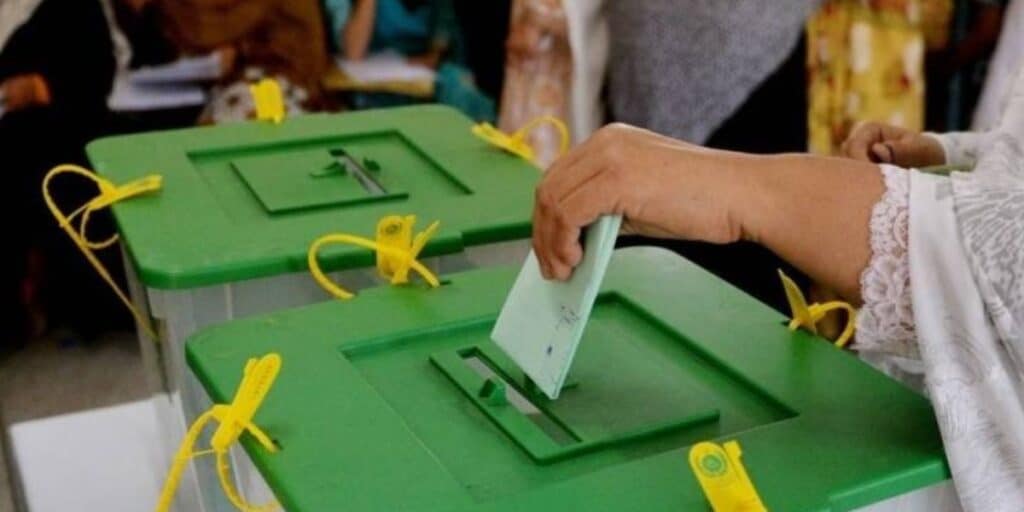Quetta: The Election Commission of Balochistan has officially released the schedule for by-elections on reserved seats in local councils across the province.
According to the schedule, nomination papers from candidates will be accepted until June 27, 2025, and the preliminary list of candidates will be published on June 28, 2025.
While the by-election process will take place in all districts except Quetta, scrutiny of nomination papers is scheduled from June 30 to July 2, 2025.
The final list of candidates will be released on July 15, 2025, with election symbols also being assigned on the same day. The polling day is set for August 3, 2025.
Local councils in Balochistan are grassroots-level government bodies established to ensure local governance and public participation in administrative affairs.
These councils are part of Pakistan’s broader local government system, which is designed to decentralize power and bring governance closer to the people.
The system includes Union Councils, Tehsil (sub-district) Councils, and District Councils, each with elected representatives including general and reserved seats (for women, minorities, youth, and labor).
The background of Balochistan’s local councils traces back to different phases of devolution policies in Pakistan, particularly under the Local Government Ordinance 2001 and later reforms.
The councils operate under the supervision of the Balochistan Local Government & Rural Development Department, and their elections are conducted by the Election Commission of Pakistan (ECP).
Their primary role is to manage local development, oversee municipal services like water supply, sanitation, roads, education, and health at the community level, and resolve local disputes.
ALSO READ: Election Tribunal orders vote recount in 22 polling stations of NA-251 Zhob-Killa Saifullah
They also ensure that marginalized communities have representation through reserved seats. By involving citizens in decision-making, local councils strengthen democracy, improve service delivery, and address community-specific issues more effectively.





